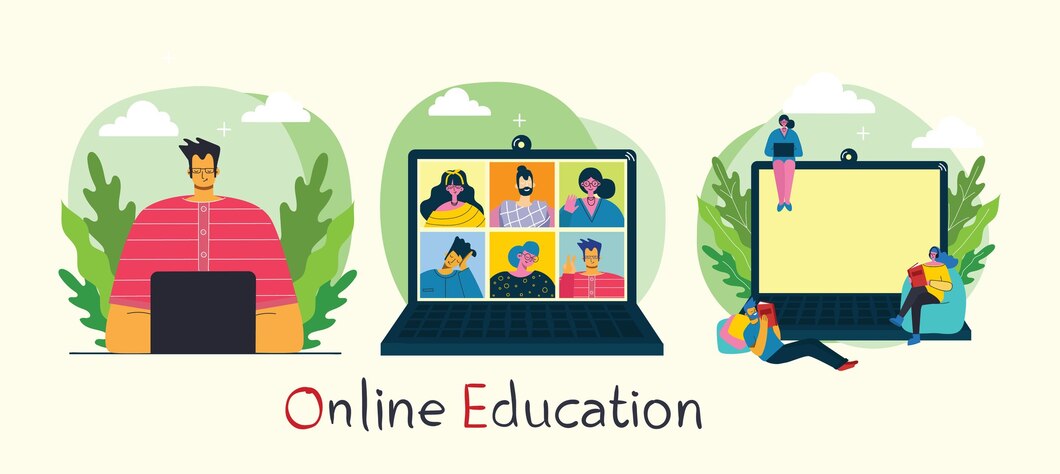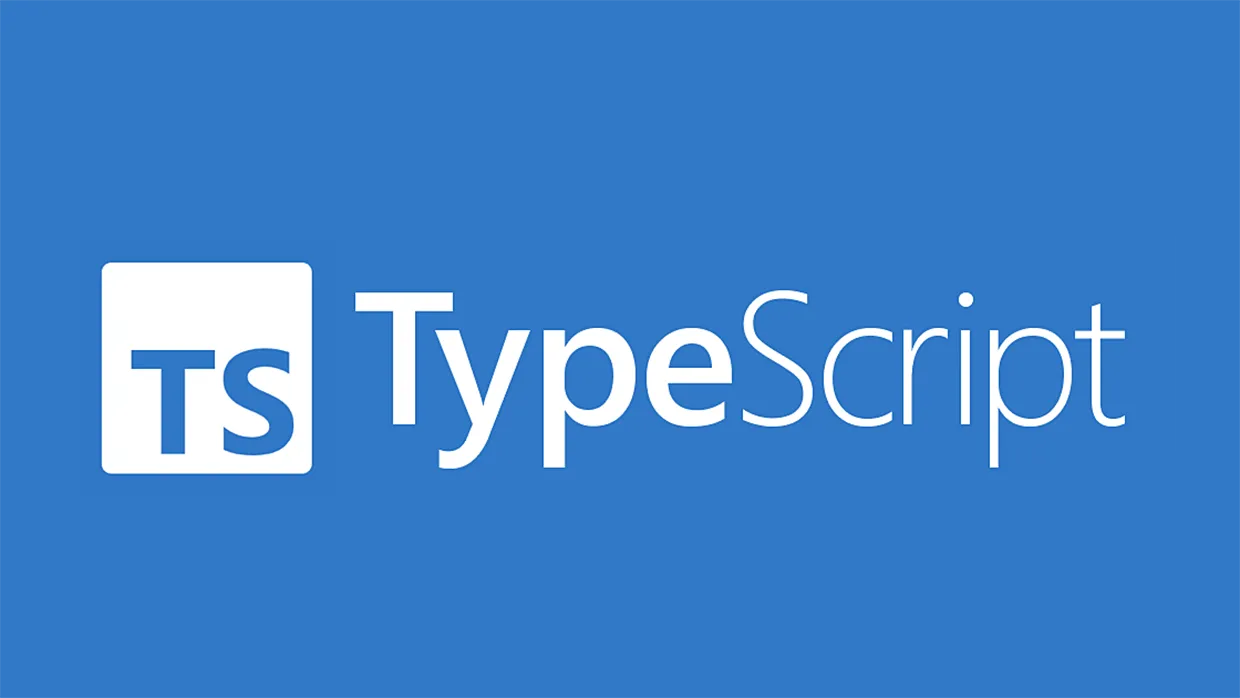Remote education jobs are changing the way teachers and students connect and learn. With more schools and educational platforms moving online, there are now many opportunities for teachers, tutors, and instructors to work from home. This shift allows educators to reach students from all over the world without leaving their homes.
For those interested in remote education jobs, it’s essential to understand the different roles available, what qualifications are needed, and how to find the best positions. This post will explore remote education jobs, covering the types of roles you can find, the skills needed, and tips on how to start your journey in remote teaching.
What Are Remote Education Jobs and Why Are They Growing?

Remote education jobs allow teachers, tutors, and trainers to work online instead of in a traditional classroom. This type of job has grown a lot in recent years. With online tools, educators can now connect with students from anywhere, bringing more options to both teachers and students alike. Many schools, colleges, and companies are offering remote education jobs due to the flexibility they provide.
The rise in remote education jobs happened because more people want the option to learn and work from home. Students get to learn at their own pace, and teachers can enjoy flexible schedules. For many educators, this means they can balance work with other parts of life. As a result, remote education jobs have become popular worldwide.
These jobs are not just for teachers; tutors, online course designers, and language instructors can also find opportunities. This trend is expected to keep growing, creating even more options for people who enjoy teaching. Remote education jobs have become a helpful choice for those looking for a flexible, rewarding career in education.
Types of Remote Education Jobs You Can Apply For
When looking at remote education jobs, there are different roles that educators can consider. The most common types are online teaching, tutoring, curriculum development, and educational consulting. Each role offers something unique, making it easy to find a job that matches specific skills.
Online teaching jobs allow teachers to conduct live classes with students. Platforms like Zoom or Google Meet make it possible to connect in real-time, creating a classroom experience from home. Tutors work one-on-one with students, often focusing on subjects like math, science, or language skills. Tutoring is great for those who enjoy helping students personally and watching them improve.
Some remote education jobs involve creating courses or lesson plans instead of teaching. This role is perfect for those who prefer planning and organizing lessons. Educational consultants, on the other hand, help schools and learning centers improve their programs. These consultants often provide advice on technology, teaching methods, and student engagement strategies.
How to Qualify for Remote Education Jobs

To qualify for remote education jobs, educators often need a combination of experience and specific skills. Most online teaching positions require a degree in education or the subject area being taught. Some roles also need certifications, especially when working with younger students or teaching specific subjects like ESL (English as a Second Language).
For tutoring positions, a degree may not be as important, but knowledge in the subject and good communication skills are essential. Tutors need to explain topics clearly and help students with any questions. Many companies offer training to help tutors get started, making it a good entry point for beginners.
Curriculum developers and consultants may need additional experience in education or a related field. These roles often require understanding learning strategies and tools, which help create lessons or improve programs. Having experience with online tools is also helpful, as most remote education jobs rely on platforms like Zoom, Google Classroom, and others.
Benefits of Remote Education Jobs for Teachers and Students
Remote education jobs bring many benefits to both teachers and students. For teachers, working remotely offers a flexible schedule. They can choose when and where to work, making it easier to balance teaching with personal life. This flexibility also helps them avoid the time and cost of commuting to work every day.
Students benefit because remote education allows them to learn at their own pace. They can attend classes or tutoring sessions from the comfort of home, which can make learning more enjoyable and less stressful. Some students who struggle in traditional classrooms do better with online learning, as they can focus more and have fewer distractions.
Remote education jobs also mean teachers can work with students from around the world. This helps students learn about new cultures and perspectives, creating a more diverse learning environment. For teachers, it’s an exciting way to connect with people from different places while sharing their knowledge.
Popular Platforms Offering Remote Education Jobs

Popular platforms offer remote education jobs to teachers, tutors, and more. Websites like VIPKid, Outschool, and Teachable are some examples where teachers can find online work. These platforms make it easy to apply, and they connect teachers with students in need of support in various subjects.
VIPKid focuses on teaching English to children in other countries, primarily in Asia. This platform is ideal for English speakers who want to teach remotely. Outschool is another platform where teachers can offer classes in a wide range of topics. From art to science, Outschool lets teachers create courses based on their interests and skills.
Teachable is a platform for educators interested in creating and selling online courses. Instead of live teaching, educators can record lessons and allow students to learn at their own pace. By offering various options, these platforms make it easy to find remote education jobs that match personal teaching styles and career goals.
Skills Needed for Success in Remote Education Jobs
Having certain skills is important to succeed in remote education jobs. Communication is one of the top skills for remote educators, as they need to explain lessons clearly over video calls or chat. Good communication keeps students engaged and helps build strong relationships between teachers and students.
Time management is another crucial skill because remote teachers often manage their schedules. Knowing how to organize lesson plans, set goals, and stick to a routine can make teaching from home much easier. Teachers who manage their time well are more productive and feel less stressed.
Technical skills are also important. Remote education jobs often use platforms like Zoom, Google Meet, and digital whiteboards. Teachers should feel comfortable using these tools, as they are essential for online teaching. With the right skills, teachers can create interactive lessons that make remote learning enjoyable.
Key Skills for Remote Education Jobs
- Clear communication with students
- Good time management
- Familiarity with online tools
- Adaptability and creativity in lesson planning
Conclusion
Remote education jobs are a great option for teachers, tutors, and others who want flexibility in their careers. These jobs allow educators to reach students from around the world, helping them learn and grow in a comfortable online setting. For teachers, it’s a chance to work in a way that fits their life and schedule.
As remote education jobs continue to grow, many educators are finding it rewarding to teach online. This trend has brought exciting new opportunities, and it’s likely to stay. Whether you’re an experienced teacher or new to education, remote education jobs can offer a fulfilling path in today’s digital world.
FAQs
Q: What are remote education jobs?
A: Remote education jobs involve teaching, tutoring, or educational consulting done entirely online from any location.
Q: Do I need a degree for remote education jobs?
A: Many jobs require a degree, especially for teaching positions, but some tutoring roles may focus on subject knowledge and skills.
Q: What skills are needed for remote education jobs?
A: Important skills include communication, time management, and familiarity with online tools like Zoom and Google Meet.
Q: Where can I find remote education jobs?
A: Platforms like VIPKid, Outschool, and Teachable offer a variety of remote education jobs for different subjects and levels.
Q: Are remote education jobs flexible?
A: Yes, remote education jobs often offer flexible schedules, allowing teachers to choose when and where they work.










